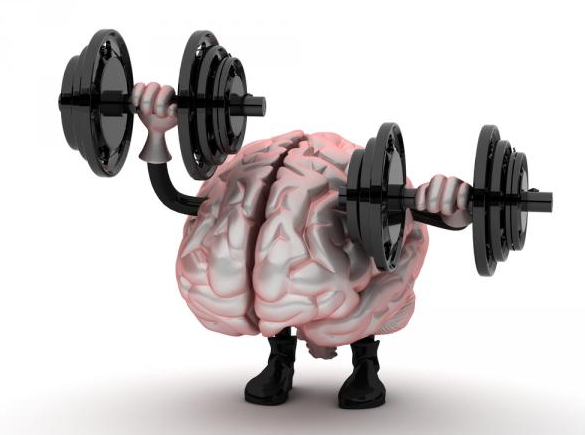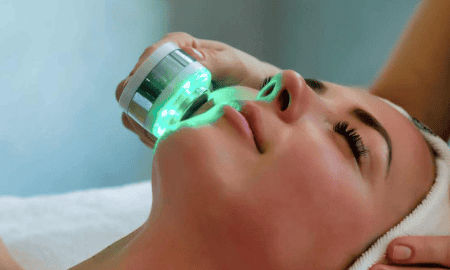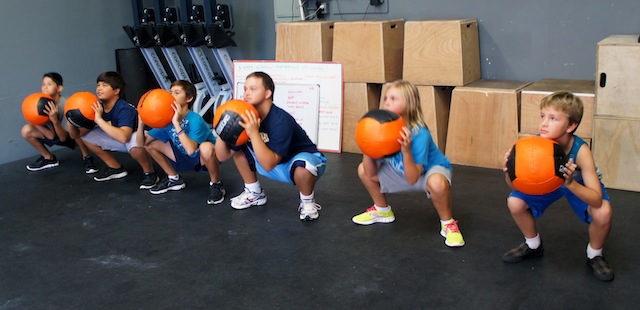
As you age, your body undergoes changes that can affect your physical and cognitive abilities, making you more susceptible to accidents and injuries. Seniors are vulnerable to a range of accidents beyond falls. This comprehensive guide explores six types of accidents that often happen to seniors and discusses prevention strategies.
-
Falls
Falls are the most common type of accident among seniors and can have severe consequences. As people age, changes in balance, vision, and muscle strength increase the risk of falling. Falls are common among seniors and can also be a significant concern in nursing homes or assisted living facilities. A seasoned nursing home falls attorney in Chicago understands these facilities’ unique challenges and responsibilities in preventing falls among their residents. They often handle cases where negligence or inadequate care has contributed to falls and resulting injuries. Falls result in fractures, head injuries, and long-term mobility issues.
To prevent falls, engage in activities that improve balance and strength. Remove tripping hazards, install handrails, and ensure adequate lighting. Correcting vision problems can also reduce the risk of tripping or misjudging distances. Some medications can cause dizziness or unsteadiness; discuss these concerns with a healthcare provider. For nursing homes, several additional measures and considerations are vital. Adequate supervision is crucial, especially for residents with mobility issues or cognitive impairments. Nursing home staff should be attentive to residents’ needs and assist them with tasks that could lead to falls, such as transferring from a bed to a wheelchair.
-
Burns and Scalds
Reduced sensitivity to temperature changes, slower reaction times, and impaired mobility can make seniors more susceptible to burns and scalds. These injuries often occur where hot surfaces and liquids are commonly found in the kitchen or bathroom. To prevent burns and scalds, seniors should consider using appliances with safety features, such as automatic shut-off mechanisms. Additionally, maintaining a clutter-free environment in the kitchen and bathroom, using oven mitts and pot holders, and setting water heater temperatures to a safe level can reduce the risk of these accidents. Combined with vigilant awareness, these precautions can significantly enhance safety in areas where burns and scalds are most likely to occur.
-
Choking and Aspiration
Difficulty swallowing, changes in dental health, or cognitive decline can increase the risk of choking and aspiration or inhaling food or liquids into the lungs. To prevent choking and aspiration, make food easier to chew and swallow. Let them drink enough fluids to prevent dry mouth, which can lead to choking. Moreover, it’s important to encourage seniors to eat mindfully and slowly, allowing them to savor each bite and ensuring they are in an upright and comfortable position while eating. Regular dental check-ups can also help maintain good oral health, reducing the risk of dental issues that could contribute to choking or aspiration. Seniors can enjoy their meals by taking these precautions and promoting a safe eating environment while minimizing the risk of choking and aspiration incidents.
-
Medication Errors
As seniors often take multiple medications, there is an increased risk of medication errors. These errors can result from confusion about dosages, drug interactions, or even taking the wrong medication. Some medication errors can be especially concerning because they may go unnoticed until adverse effects occur. To help seniors avoid medication errors:
- Use pill organizers or a medication management system to keep track.
- Regularly review medications and potential interactions.
- If you have a caregiver, ensure they are well informed about your medication regimen.
Establishing a routine for taking medications is also advisable, which can help seniors remember to take them consistently. Additionally, pharmacists can be valuable resources for clarifying any medication-related questions or concerns, and they can guide how to take medications safely. These proactive measures can substantially reduce the risk of medication errors and enhance the overall well-being of seniors.
-
Motor Vehicle Accidents
Seniors may experience a decline in reaction time and vision, making driving more challenging. Motor vehicle accidents involving older drivers often result in more severe injuries due to their frailty. To reduce the risk of accidents:
- Regularly assess driving abilities: Be honest about your limitations and consider driving safety courses.
- Limit driving at night: Reduced visibility and glare from headlights can be problematic.
- Ensure vehicles are well-maintained: Regular maintenance can prevent mechanical failures.
Furthermore, explore alternative transportation options, such as public transit, rideshare services, or carpooling with family and friends, to reduce the need for driving in challenging conditions. Engage in regular eye exams to address vision issues promptly, and consider adjusting your driving habits to accommodate any changes in your abilities. Prioritizing safety and self-awareness can help seniors continue to drive safely and reduce the risk of motor vehicle accidents.
-
Elder Abuse
Elder abuse is a disturbing and underreported issue affecting many seniors. It can take various forms, including physical, emotional, financial, or neglectful abuse. To prevent elder abuse, stay connected with loved ones. Frequent communication with family and friends can help detect signs of abuse. Be wary of financial exploitation and consult with legal or financial advisors. If you suspect elder abuse, report it to the appropriate authorities immediately.
Additionally, consider discussing potential caregivers or aides with reputable agencies that conduct thorough background checks and provide training for their employees. Educate seniors about the warning signs of abuse, empowering them to speak up if they feel mistreated. Creating a safe and supportive environment for seniors and fostering open communication can go a long way in preventing elder abuse and ensuring their well-being. If any suspicions arise, acting swiftly to protect vulnerable seniors from harm is essential.
Accidents involving seniors are a significant concern, but many can be prevented with awareness and proactive measures. Regular exercise, home modifications, safe driving practices, and careful medication management can significantly reduce the risk of accidents among older adults. Additionally, fostering open communication and staying connected with loved ones can help detect signs of elder abuse and ensure seniors receive the care and support they need.
Seniors and their families must proactively create a safe environment and promote healthy habits. By taking these preventive steps, seniors can maintain their independence and quality of life while minimizing the risk of accidents and injuries. Remember that seeking advice from healthcare providers and specialists in geriatric care can provide tailored guidance to address the specific needs of older adults and enhance their safety and well-being.


















Follow Us